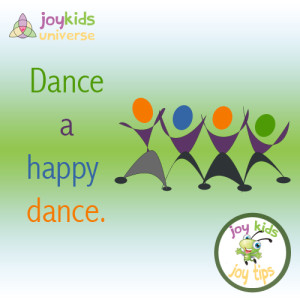Whether you know it or not, you’ve already introduced a child to music if you’ve ever sung a lullaby to a baby. Children are naturals when it comes to music, and feeding this instinct can give your child many advantages later in life. Our mission at Joy Kids Universe is to spread ripples of joy all over the world. Music can help implement this principle.

- Music improves a child’s mind. In becoming familiar with beats and rhythm, the child learns to recognize patterns and learn mathematical skills.
- Music improves the body. Learning music with instruments, like the guitar or drums, helps develop a child’s motor skills.
- Music improves social skills. Playing an instrument as part of a group teaches a child cooperation and teamwork. The need to blend in and produce a harmonious result becomes part of a child’s upbringing.
- Music improves a child’s behavior. The discipline that music demands helps a child develop patience. Music makes the child realize that only constant practice makes perfect.
- Music improves a child’s self-confidence. Learning to give and take criticism, from teachers and peers, is one of the invaluable traits a child learns from music.
- Music improves a child’s world view. Becoming familiar with the music and instruments of other cultures helps the child learn about the world and different peoples.
The Joybug sincerely LOVES to see all of the world’s children living and growing through life’s experiences in a carefree and harmonious way each and every day. Music inspires different cultures to share common ground and to create joy, which always leads to joyful moments and memories.
Please, no reprints without permission.
Copyright, Joy Kids Universe, LLC
Follow us on Facebook | Twitter | Pinterest